Podcast: Play in new window | Download | Embed
Subscribe: RSS
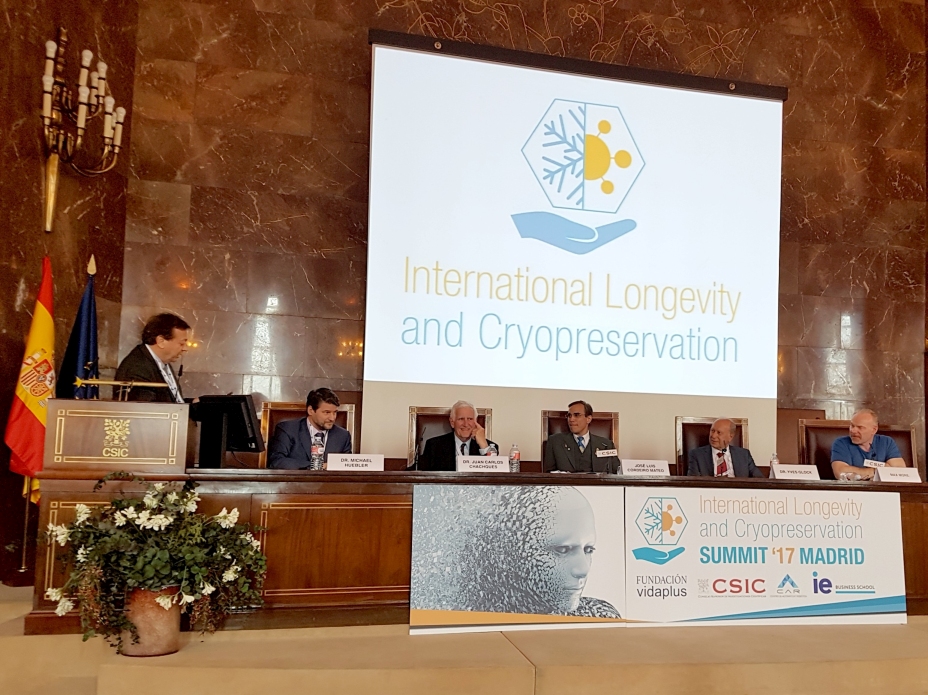
Jose Cordeiro, MBA, Ph.D., is an amazing person with endless supplies of energy and optimism. In fact, I have never met a more involved and proactive person than Dr. Cordeiro because he is literally always traveling across the world and is directly involved in a variety of cutting-edge fields and projects from Japan and Korea, spanning all over Europe and all the way to South America and Silicon Valley. I honestly have no idea how Jose Cordeiro is able to sustain his restless schedule but it is very clear that he absolutely loves what he does and is incredibly passionate about making the world a better place. So, following his generous invitation to attend the Longevity and Cryonics Summit in Madrid I could not pass such a rare opportunity to interview Dr. Cordeiro in-person. Hope you enjoy this as much as I did.
During our 45 min conversation with Jose Cordeiro, we cover a variety of interesting topics such as: why he is a futurist, transhumanist, singularitarian, and energularian; living in the best time to live and always travelling; escaping one dictatorship after another and becoming a citizen of the world; the biggest issues of our time; what is a kaka and why talking and even humanity might be the kaka’s of the future; the Longevity and Cryonics Summit in Madrid and the upcoming RAAD Festival in San Diego; the story of Spain from non-plus-ultra to plus-ultra; the religious complications of life extension and cryonics; immortality, amortality and receiving death-threats; Jose Cordeiro’s upcoming book The Death of Death; his seminal meetings with Arthur C. Clarke and Isaac Asimov; why the world will be a better place tomorrow…
As always you can listen to or download the audio file above or scroll down and watch the video interview in full. To show your support you can write a review on iTunes, make a direct donation or become a patron on Patreon.
Who is Jose Cordeiro?

José Cordeiro, MBA, Ph.D., is a world citizen in our small planet in a big unknown universe. He was born in Latin America, from European parents, was educated in Europe and North America, and has worked extensively in Africa, Asia, Europe and the Americas. He has studied, visited and worked in over 130 countries in 5 continents.
Mr. Jose Cordeiro studied at the Massachusetts Institute of Technology (MIT) in Cambridge, USA, where he received his Bachelor of Science (B.Sc.) and Master of Science (M.Sc.) degrees in Mechanical Engineering, with a minor in Economics and Languages. His thesis consisted of a dynamic modeling for NASA’s “Freedom” Space Station (the “International” Space Station of today). He later studied International Economics and Comparative Politics at Georgetown University in Washington, USA, and then obtained his Masters of Business Administration (MBA) at the InstitutEuropéen d’Administration des Affaires (INSEAD) in Fontainebleau, France, where he majored in Finance and Globalization. During his studies, Mr. Jose Cordeiro worked with the United Nations Industrial Development Organization (UNIDO) in Vienna, Austria, and with the Center for Strategic and International Studies (CSIS) in Washington, DC, USA. He started his doctoral degree at MIT, which he continued later in Tokyo, Japan, and finally received his Ph.D. at Universidad Simón Bolívar (USB) in Caracas, Venezuela. He is a lifetime member of the Sigma Xi (ΣΞ, Scientific Research) and Tau Beta Pi (ТΒΠ, Engineering) Honor Societies in North America, is also an honorary member of the Venezuelan Engineers College (CIV), and his name has been included in the Marquis Edition of Who’s Who in the World.
At present, Jose Cordeiro is chair of the Venezuelan Node of the Millennium Project, Visiting Research Fellow at the Institute of Developing Economies (IDE – JETRO) in Tokyo, Japan, and Founding Faculty and Energy Advisor at Singularity University (SU) in NASA Ames Research Park, Silicon Valley, California, USA.
Mr. Jose Cordeiro is founder and president emeritus of the World Future Society Venezuela Chapter (Sociedad Mundial del Futuro Venezuela); director of the Single Global Currency Association (SGCA) and the Lifeboat Foundation; co-founder of the Venezuelan Transhumanist Association and of the Internet Society (ISOC, Venezuela Chapter); board advisor to the Brain Preservation Foundation (BPF) and Center for Responsible Nanotechnology (CRN); member of the Academic Committee of the Center for the Dissemination of Economic Knowledge (CEDICE), the Foresight Education and Research Network (FERN), the World Future Society (WFS) and the World Futures Studies Federation (WFSF); expert member of the TechCast Project and ShapingTomorrow; former director of the World Transhumanist Association (WTA, now Humanity+), the Extropy Institute (ExI), the Club of Rome (Venezuela Chapter, where he was active in promoting classical liberal ideas and the idea of “World Opportunitique” beyond “World Problematique” and “World Resolutique”) and of the Association of Venezuelan Exporters (AVEX), where he participated in the original negotiations of the Free Trade Area of the Americas (FTAA). He has also been an advisor to the Venezuelan Business Association (AVE) and other companies and international organizations.

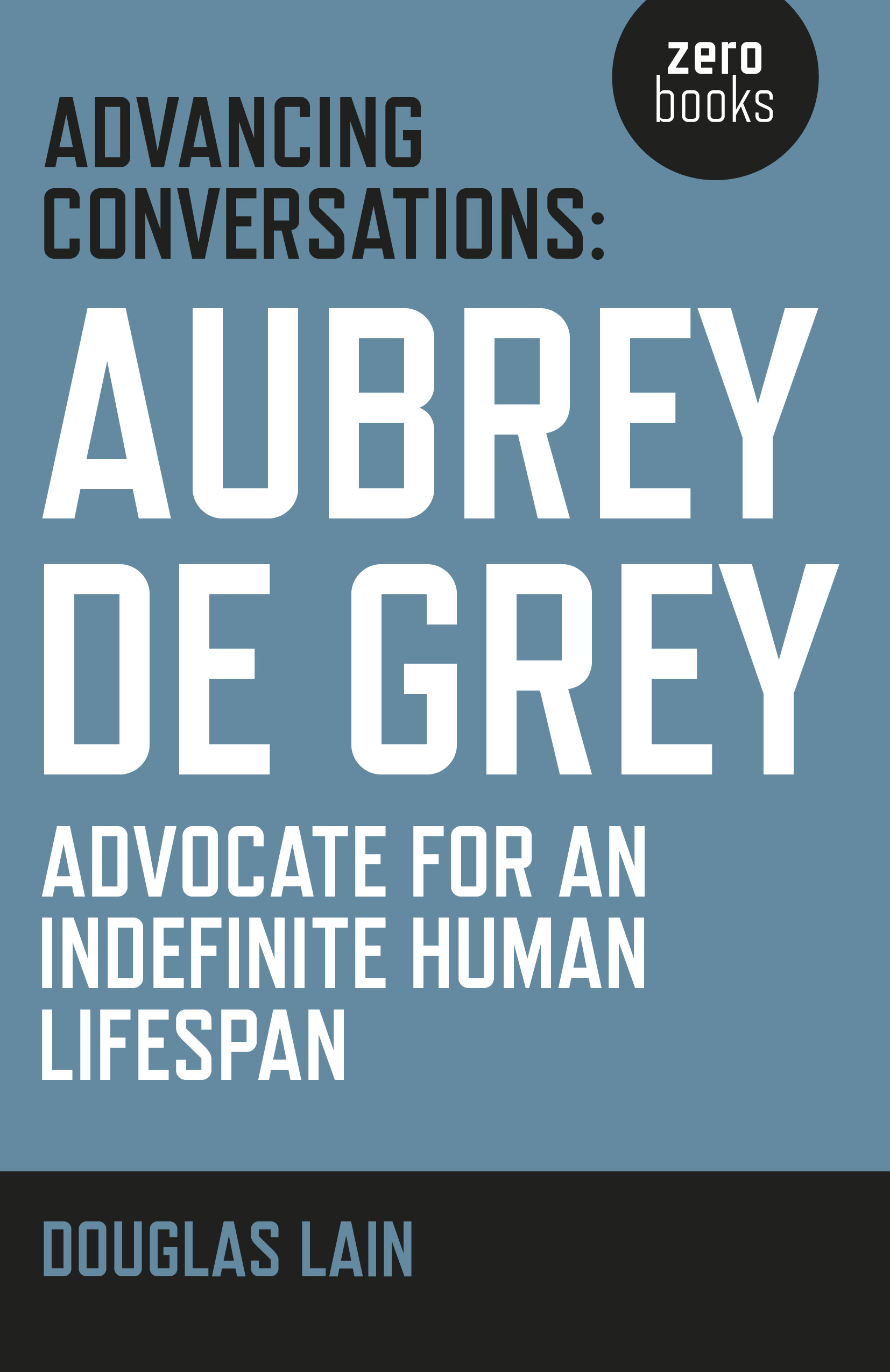 It may be hard to remember, but the aim of facilitating human progress, of expanding the range of human power and improving already established facilities, has historically been the defining aim of the political left. Today other aims seem more dominant. Our left is concerned with inequality, with correcting social attitudes, and with conserving the natural environment rather than with transforming the world and improving the fundamentals of the human condition. In an attempt to return to this more fundamental aim we at Zero Books have started a line of interview books called “Advancing Conversations” wherein our authors reach out to many different kinds of “progressives.” We are interested in techno optimists, left philosophers, modern artists, heterodox economists, and so on.
It may be hard to remember, but the aim of facilitating human progress, of expanding the range of human power and improving already established facilities, has historically been the defining aim of the political left. Today other aims seem more dominant. Our left is concerned with inequality, with correcting social attitudes, and with conserving the natural environment rather than with transforming the world and improving the fundamentals of the human condition. In an attempt to return to this more fundamental aim we at Zero Books have started a line of interview books called “Advancing Conversations” wherein our authors reach out to many different kinds of “progressives.” We are interested in techno optimists, left philosophers, modern artists, heterodox economists, and so on.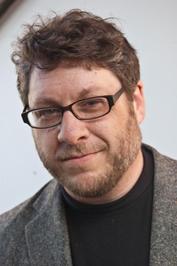 Douglas Lain
Douglas Lain Woody Alen famously quipped that he doesn’t want to accomplish immortality through his work but through not dying. But we are often told that death is natural. Much of the time the statement is left hanging without support as if it is totally obvious. Occasionally, someone will go the extra mile by repeating the (Buddhist?!) mantra that everything and everyone born will die and become food and/or raw material for the next generation – the proverbial great circle of live.
Woody Alen famously quipped that he doesn’t want to accomplish immortality through his work but through not dying. But we are often told that death is natural. Much of the time the statement is left hanging without support as if it is totally obvious. Occasionally, someone will go the extra mile by repeating the (Buddhist?!) mantra that everything and everyone born will die and become food and/or raw material for the next generation – the proverbial great circle of live.
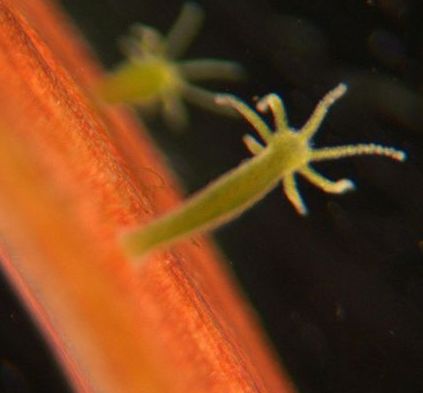




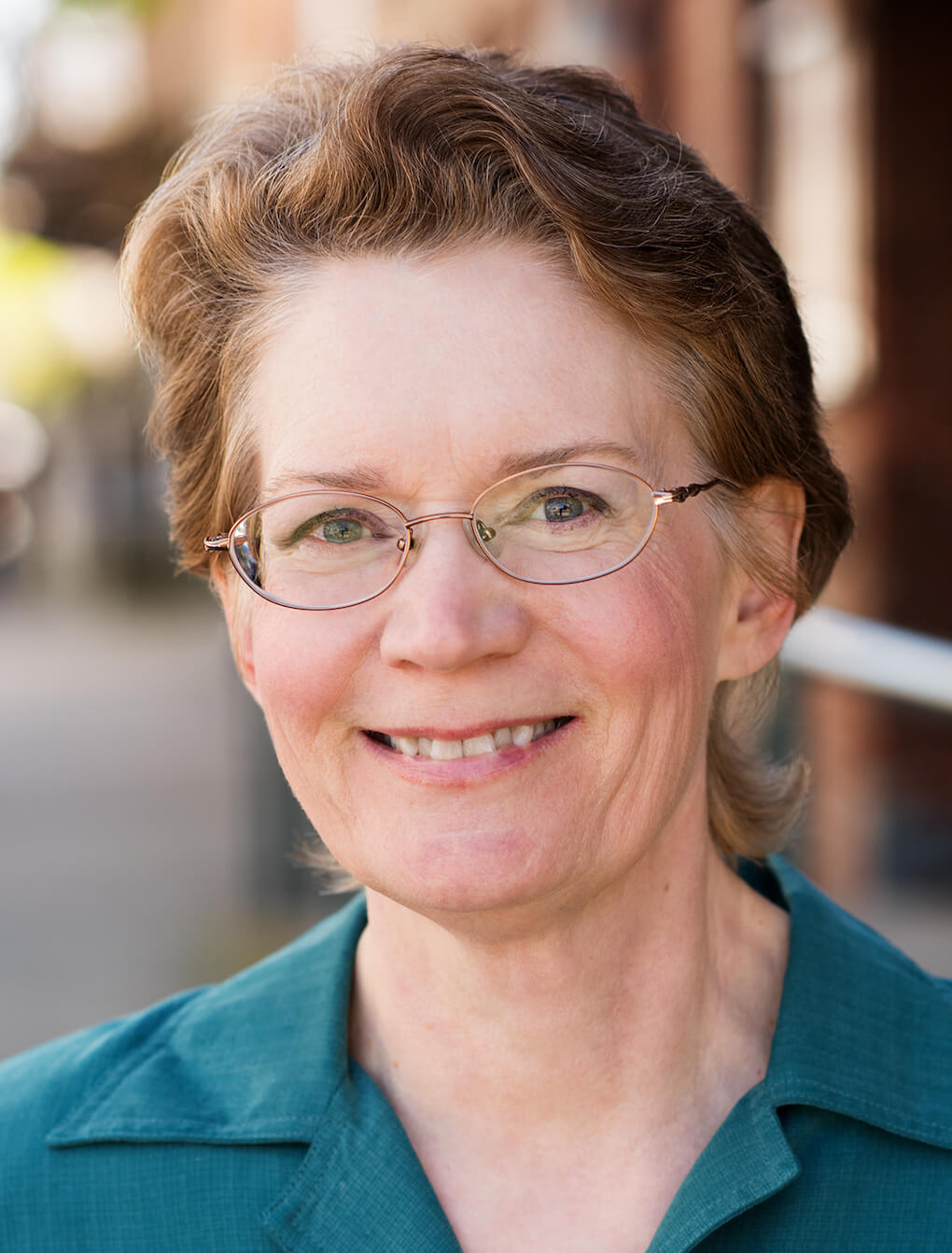

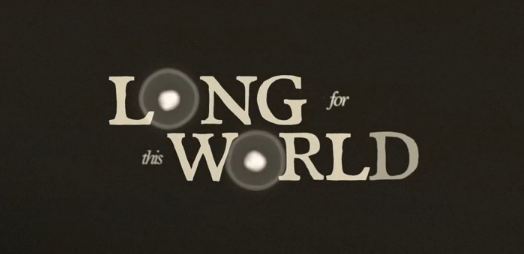
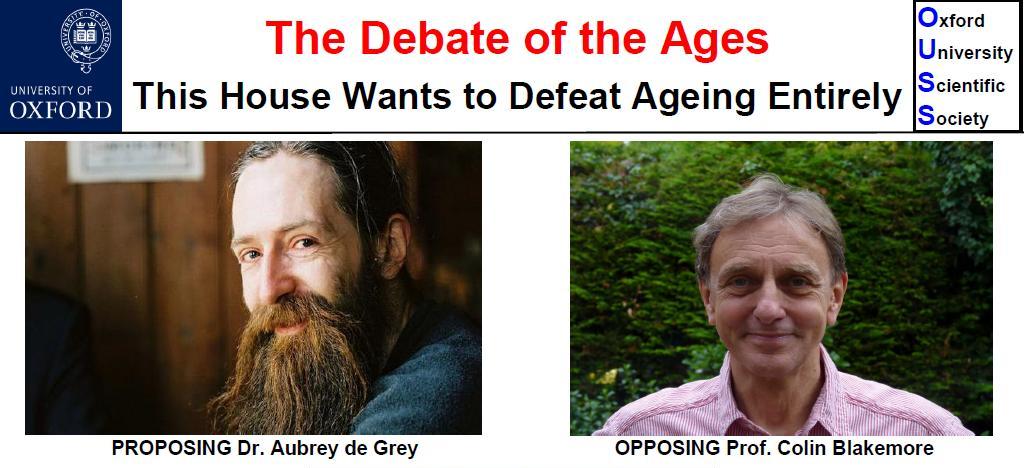

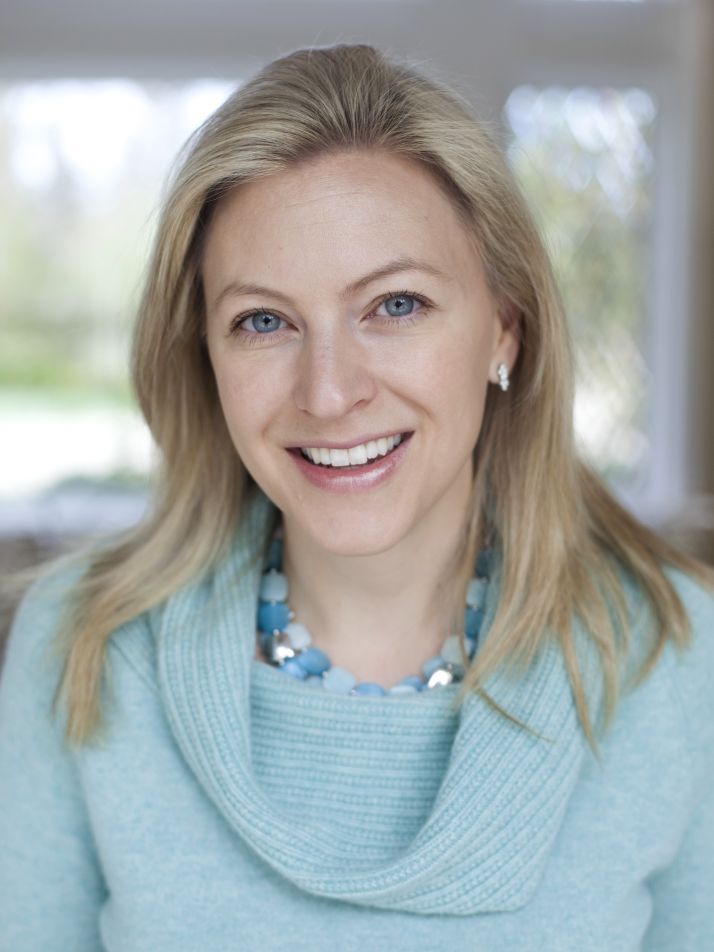

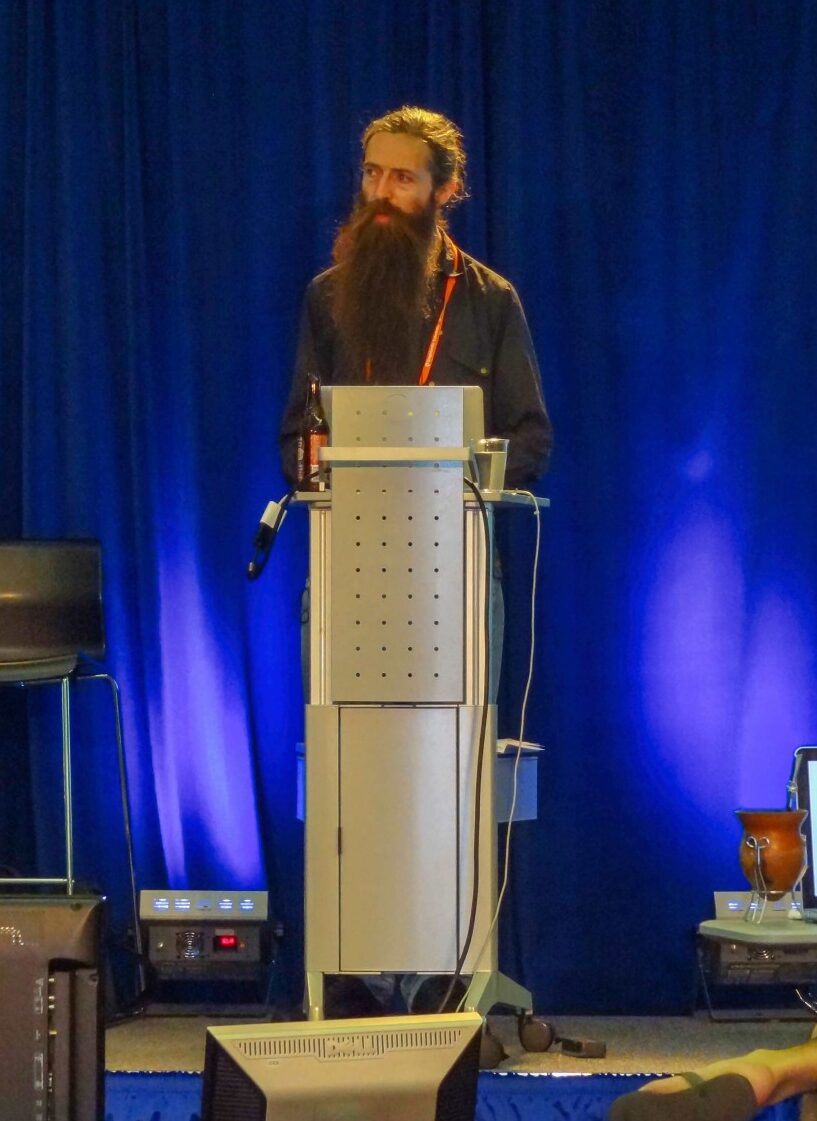


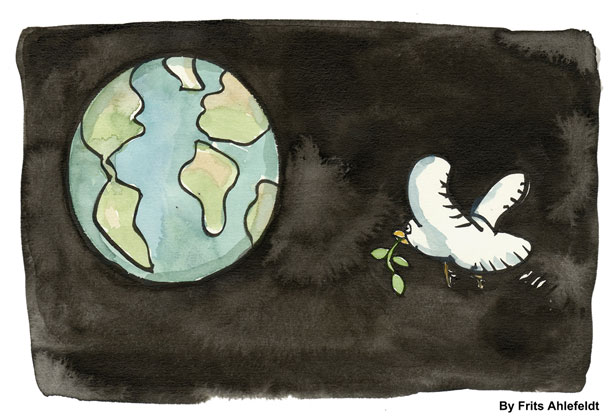

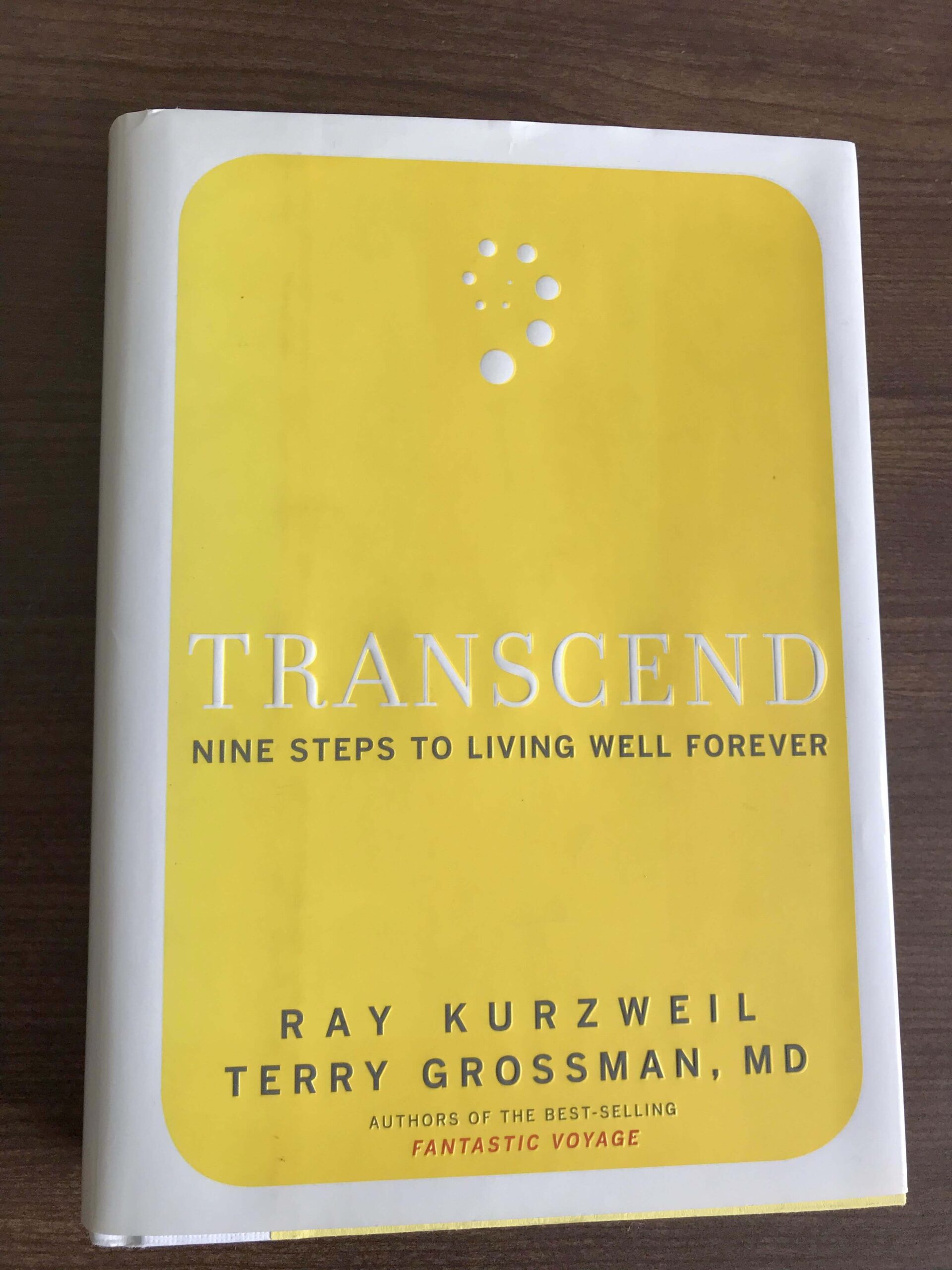 In today’s podcast episode, I am very privileged to have Terry Grossman. Terry generously agreed to do this interview from his office in Colorado, and for about an hour, we covered a number of very useful and interesting topics, such as the story and motivation behind his work; the most important medical tests that we all need to do to find out where we are and thereby figure out what we need to do to improve longevity; Terry’s top tips for a healthy lifestyle and achieving maximum life-span; his positions on religion,
In today’s podcast episode, I am very privileged to have Terry Grossman. Terry generously agreed to do this interview from his office in Colorado, and for about an hour, we covered a number of very useful and interesting topics, such as the story and motivation behind his work; the most important medical tests that we all need to do to find out where we are and thereby figure out what we need to do to improve longevity; Terry’s top tips for a healthy lifestyle and achieving maximum life-span; his positions on religion, 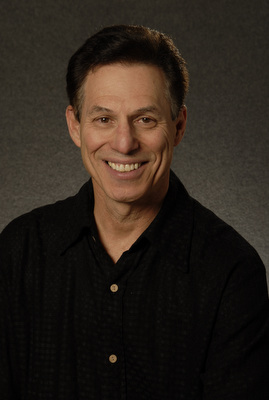 Terry Grossman is one of America’s leading authorities in anti-aging and longevity medicine. He has co-authored two books with the famed inventor and futurist
Terry Grossman is one of America’s leading authorities in anti-aging and longevity medicine. He has co-authored two books with the famed inventor and futurist 

